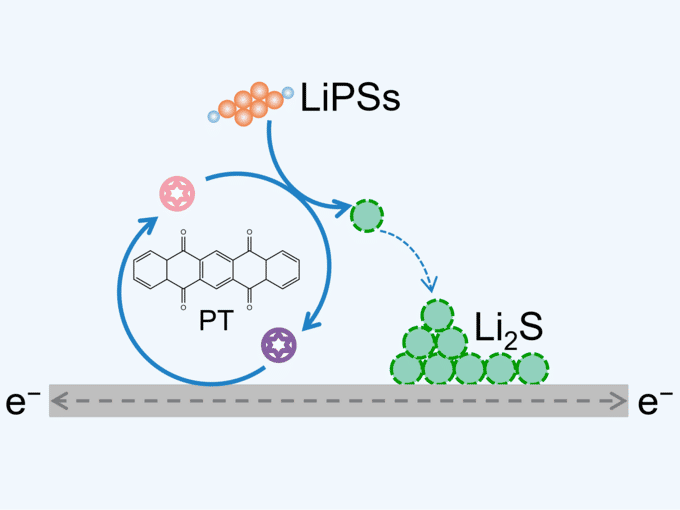Research success: CO₂ fixation in the production of succinic acid
Yeast cells produce succinic acid from glycerol
For enhancing flavors, the production of dyes, pharmaceutical products and bio polyesters - succinic acid is a versatile platform chemical. A team led by Elke Nevoigt, Professor of Molecular Biotechnology at Jacobs University Bremen, has developed an economically and ecologically attractive process for the production of succinic acid by more effectively incorporating carbon dioxide (CO2). The German Research Foundation (DFG) is funding the project for another three years.

By integrating CO2 more effectively, Professor Elke Nevoigt and her team developed a process that makes production of succinic acid more economical.
Jacobs University Bremen gGmbH
A large number of products in the chemical industry are based on fossil raw materials such as oil, gas or coal. Researchers are currently exploring alternatives made from renewable carbon sources and plant waste streams. This also applies to the production of succinic acid. It has been obtained from petroleum, but also by fermentation from starch and sugar.
Nevoigt uses glycerol as an alternative carbon source. She has been researching this byproduct of biodiesel production for more than a decade. "It's exciting because glycerol has a high electron density," the scientist explained. "Compared with sugars, you therefore get a higher yield of succinic acid per carbon used."
In the microbial production process of succinic acid, her research group, in collaboration with TU Delft in the Netherlands, also uses the greenhouse gas carbon dioxide. "Glycerol consists of three carbon atoms, CO2 of one. In total, we end up with the four carbon atoms in the succinic acid we want to produce," Nevoigt explained. The advantage of this process is its energy efficiency and environmental impact. With glycerol as a raw material, not only more succinic acid can be produced compared to sugars, but also more carbon dioxide can be fixed at the same time.
In an extended research approach, Nevoigt uses the advantages that baker's yeast brings to the succinic acid production process. For example, compared to bacteria, yeast is more resistant to low pH values, which makes the production process more stable and, above all, more cost-effective. The working group is now conducting research to further optimize the process. The yeast cells should produce even more succinic acid from glycerol. "Improving the cell's energy balance would allow more carbon to be incorporated into the target product, succinic acid," Nevoigt said.
Most read news
Organizations
Other news from the department science

Get the chemical industry in your inbox
By submitting this form you agree that LUMITOS AG will send you the newsletter(s) selected above by email. Your data will not be passed on to third parties. Your data will be stored and processed in accordance with our data protection regulations. LUMITOS may contact you by email for the purpose of advertising or market and opinion surveys. You can revoke your consent at any time without giving reasons to LUMITOS AG, Ernst-Augustin-Str. 2, 12489 Berlin, Germany or by e-mail at revoke@lumitos.com with effect for the future. In addition, each email contains a link to unsubscribe from the corresponding newsletter.
Most read news
More news from our other portals
Last viewed contents

Newly proposed strategy to significantly improve lithium–sulfur battery performance - Researchers developed a sulfur oxidation-reduction (redox) mediator to improve lithium–sulfur battery’s sluggish reaction kinetics which has limited the battery’s energy density




























































